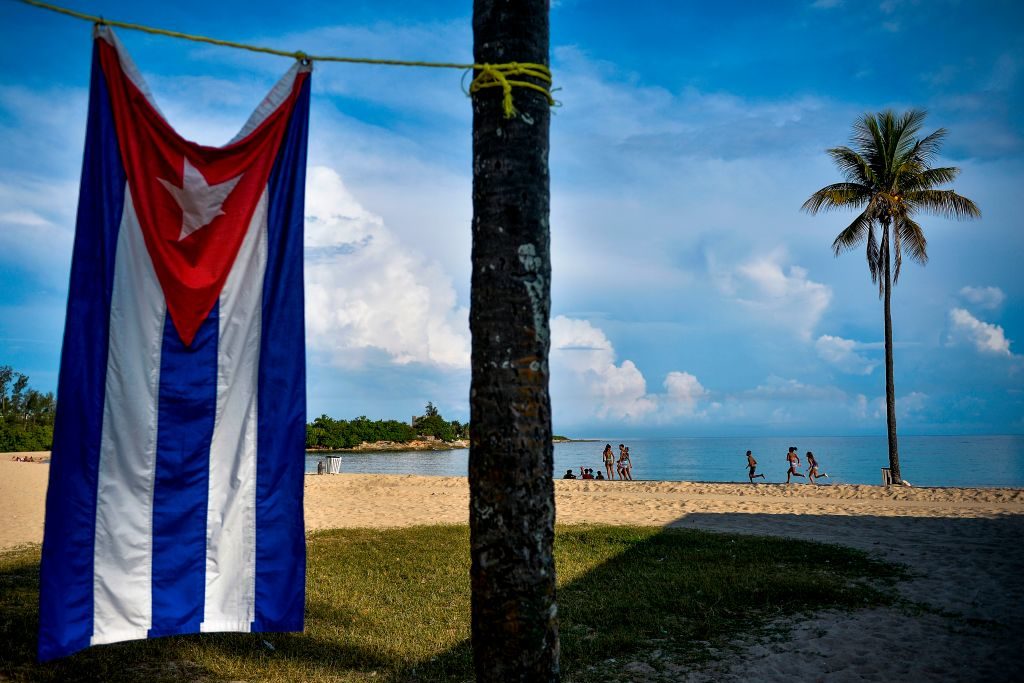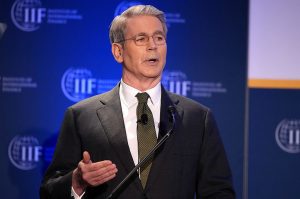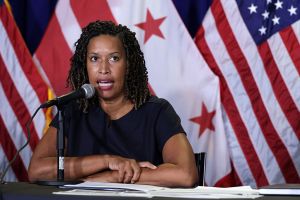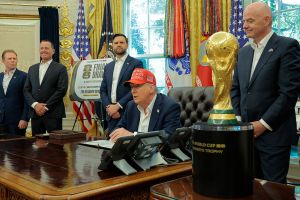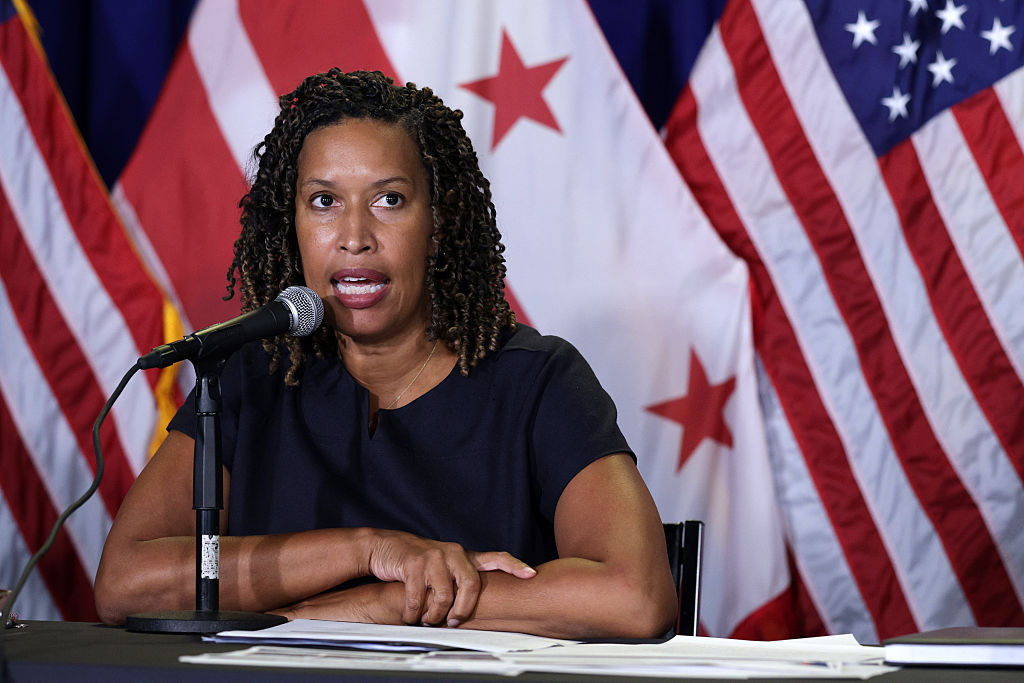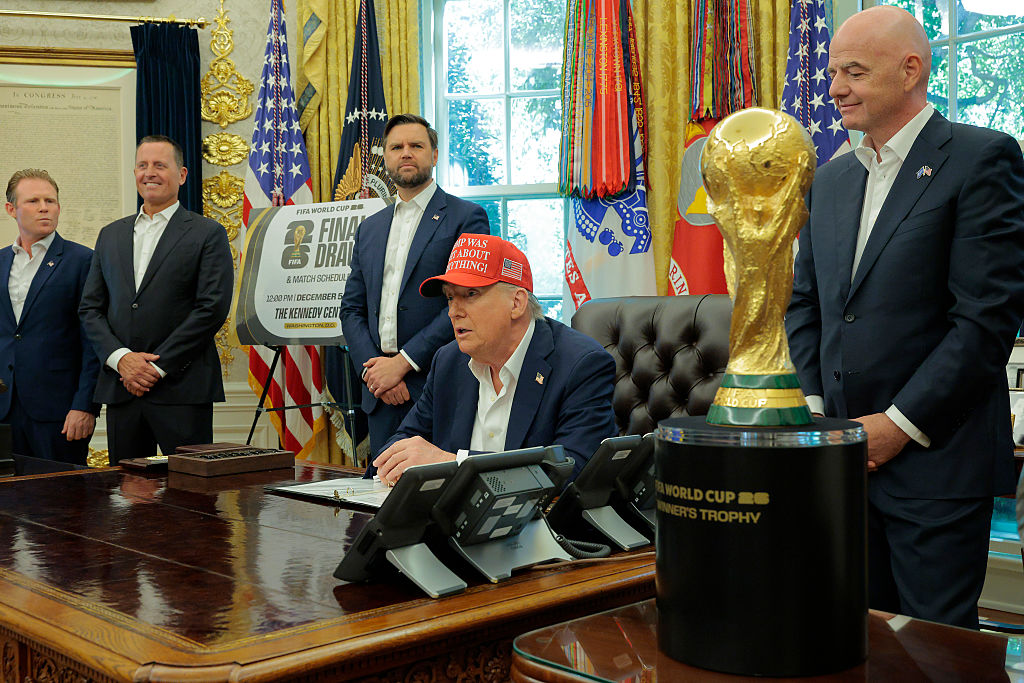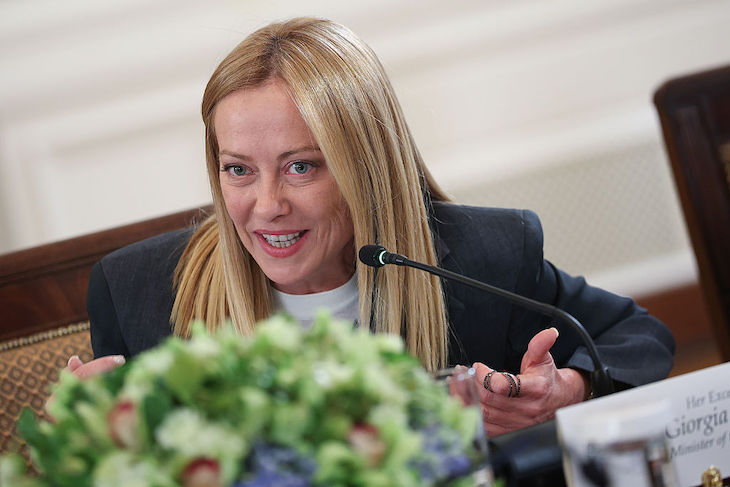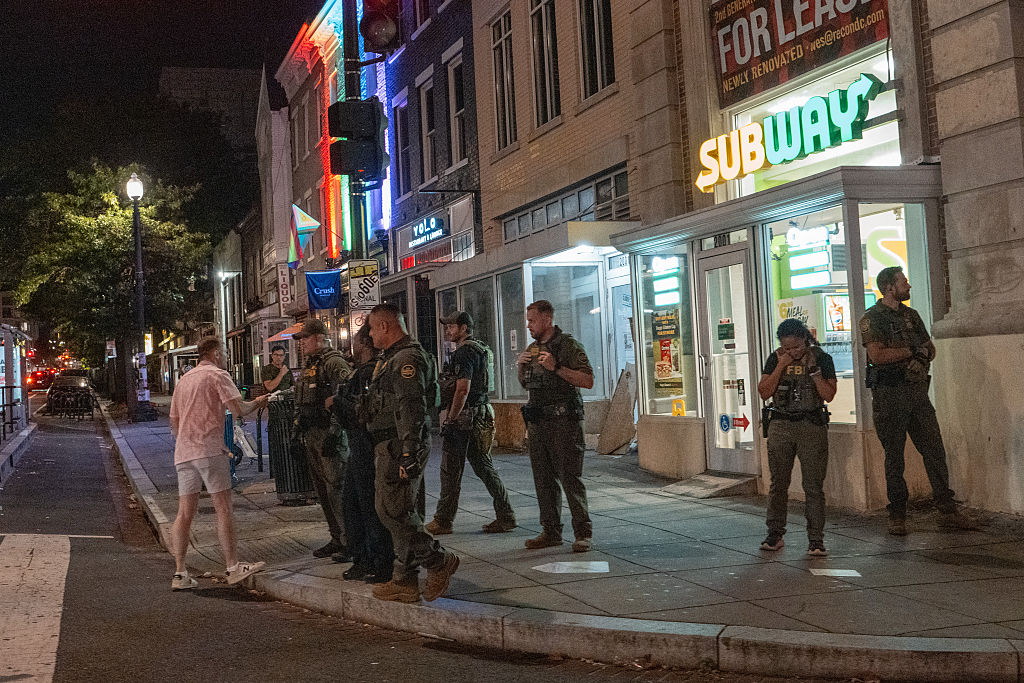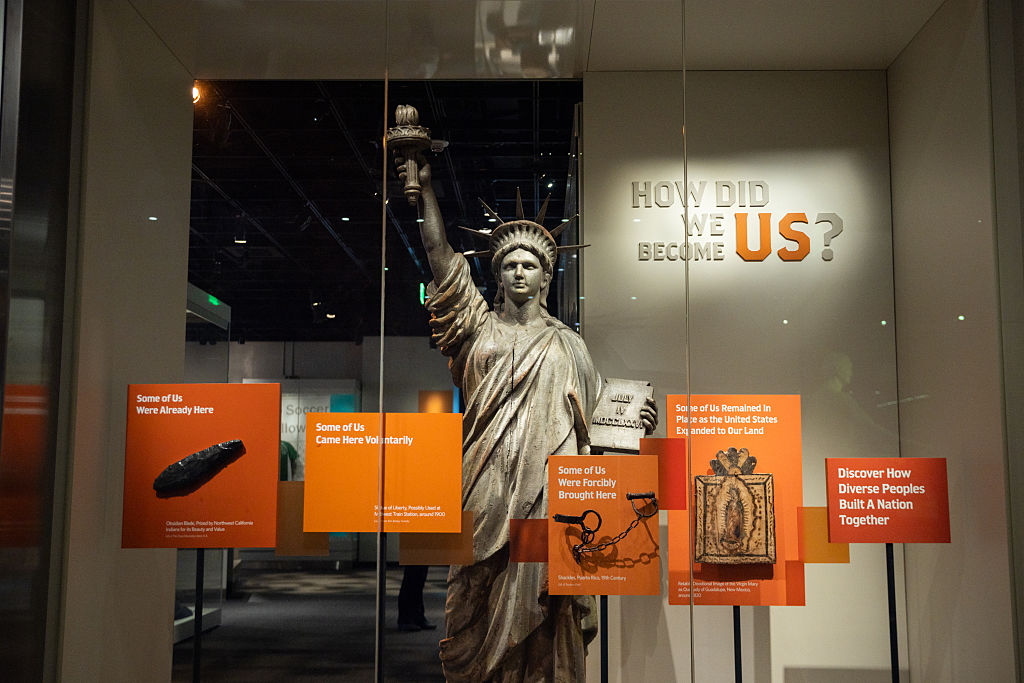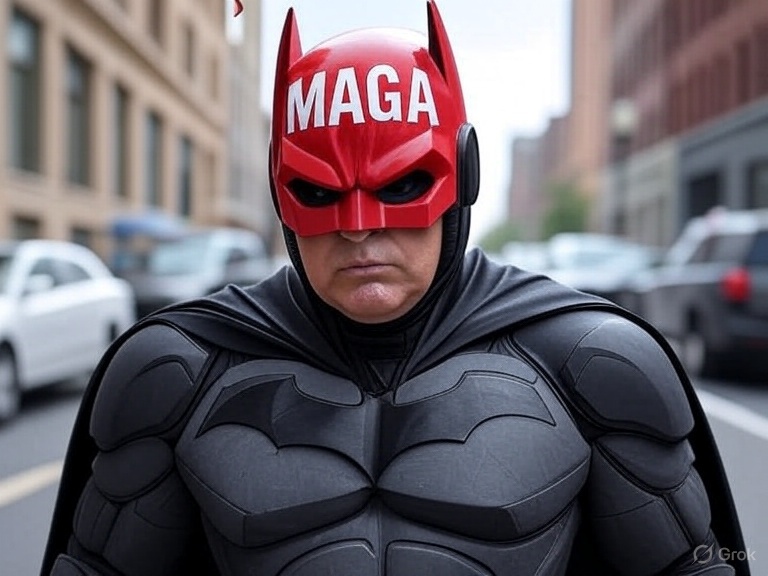Dreams of closer US-Cuban relations are alive and well in Washington. Once a foreign policy focus of the Obama administration, the cause has found a home in DC-based think tank, the American Security Project. While the organization lacks the name recognition of other beltway think tanks, it’s notable for including former secretary of state John Kerry as a founder and member of its board of directors.
On Thursday, ASP hosted an event for its Cuban Engagement Project, which aims to ‘rebuild a closer relationship between the governments of the United States and Cuba’ and invited a panel of academics and former US Ambassador to Cuba under President Obama, Jeffrey DeLaurentis, to deliver remarks.
Although a man for political spectacle, Cockburn needs a cerebral experience from time-to-time and stopped by the Pennsylvania Avenue event to see what John Kerry’s think tank was doing about vital US-Cuban relations.
What did Cockburn learn?
Noting the distant relationship between the Trump administration and the Cuban government, Ambassador DeLaurentis warned ‘Cuba is about unfinished business…we need to get back to the negotiating table as quickly as possible.’
Another speaker, law professor Michael J. Kelly, elaborated: ‘A lot of people have said that when the Trump administration took over, they took what was sort of a thawing tropical relationship and put it in the freezer for a time. Someone’s going to come along and take it out of the freezer.’ Although unmentioned, Cockburn thinks some people at ASP are banking on presidential candidate Joe Biden heating up the leftovers of his predecessor’s foreign policy.
While relations have chilled between the US and Cuba in recent years, Cockburn wonders if Cuba helped shove the relationship in the freezer. Absent from the discussion was the brain trauma suffered by dozens of US diplomats in Cuba in 2016 which unsurprisingly weakened the relationship between the two countries. Even if the Russians or the Chinese were behind the likely microwave radiation attack, were the Cubans really providing our diplomats with the best work environment?
Cockburn, for what it’s worth, will risk brain trauma for some Caribbean sunlight and Cuban rum, and hopes ASP will invite him on their next ‘fact-finding’ trip to Havana.
Got a tip for Cockburn? Email cockburn@spectator.us.



